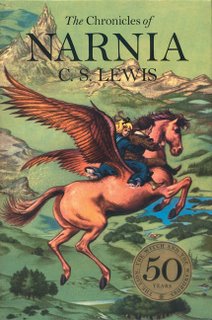Marketing doesn’t have to be a dirty word. A writer’s least favorite topic in the world is still a topic upon which every one of us should do a bit of solid research… so here I offer my collected wisdom (hah):
A few publishing houses put out guidelines to help their authors market their own books. Recent discussion of the industry on the NorCal SCBWI list-serv has disclosed the phrase ‘no author involvement = no future.’ Yikes! Many writers (myself included) have no idea how to market anything, so it’s nice to get a leg up on where to start. All of us want our books to have some impact on the market, so here’s how to make our publications last.
First, there’s apparently a difference between marketing and publicity — Marketing, as I finally comprehend it (and J, correct me if I’m wrong), operates within the parameters of paid media, and includes advertising and sales promotions, along with a broader focus on product placement, price, and promotion. Publicity is more about PR hustle, and it’s usually associated with image building and management, unpaid media placement like doing readings and appearing at schools or your alma mater, making use of press releases, media kits, press conferences, and that kind of thing. Marketing scans the demographic and creates a need for your book, publicity gives people good feelings about their desire, and the people connected with the product.
For marketing purposes, publisher’s agents suggest that writers not fall prey to the vanity gift — that is, giving away copies of your books to friends and family. They’re supposed to buy them. Instead, writers should use the copies their publishers give them to send to the local city library, local high school library, independent bookstores within fifty miles of their city, and make contacts there that allow them to get in the door and give talks, book signings, and get face to face contact with the people for whom they write.
There are some great books about marketing that can help spark some ideas on how to work this.
o The Savvy Author’s Guide To Book Publicity, by Lisa Warren,Carrol & Graf Publishers
o The Complete Guide To Book Publicity, by Jodee Blanco,Allworth Press
o Publishing For Profit, by Thomas Wolf, Chicago Review Press
o 1001 Ways to Market Your Books, 5th Ed., by John Kremer,Open Horizons
o John Kremer’s Website: http://www.bookmarket.com/tipsconfirm.html
o Publishers Marketing Association Website: http://www.pma-online.org/
o Selling Your Book: The No-Nonsense, Step-by-Step Guide, by John Vonhof, is on his website.
From John Kremer’s Book Marketing Tip of the Week:
Amazon.com: Online Book Reviews
A new study done at the Center for Customer Insights at the Yale School of Management shows that online reviews do impact sales at Amazon.com and BN.com. The study’s authors, Judith Chevalier and Dina Mayzlin, found that:
a. The addition of favorable reviews at one site increases book sales at that site relative to the other retailer.
b. Negative 1-star reviews carry more weight with consumers than do positive 5-star reviews.
c. The impact of a negative review is more powerful in decreasing book sales than a positive review is in increasing sales.
d. Multiple glowing reviews for a book may be perceived as hype generated by an author or publisher (their theory).
e. Reviews at Amazon.com are longer and more detailed in general than those at BN.com.
You can read the entire study HERE.
Happy writing people, and happy marketing.
